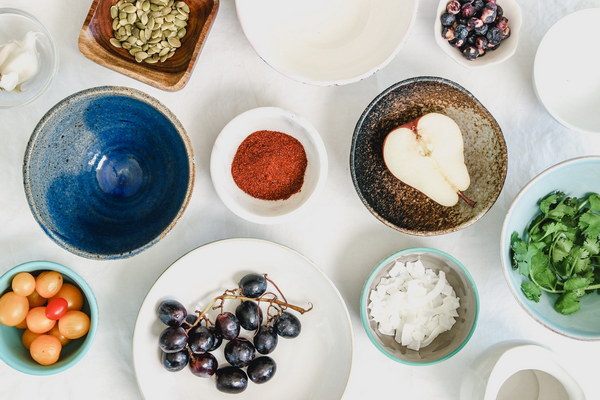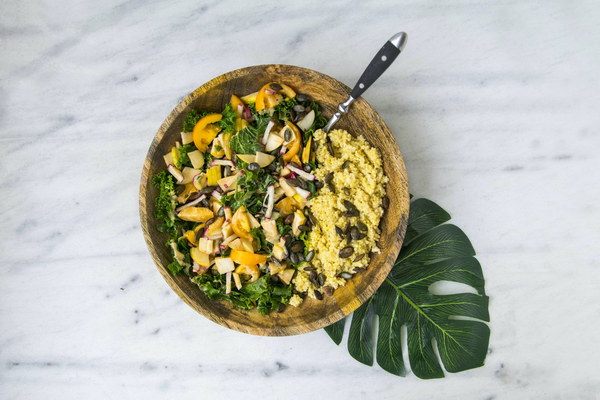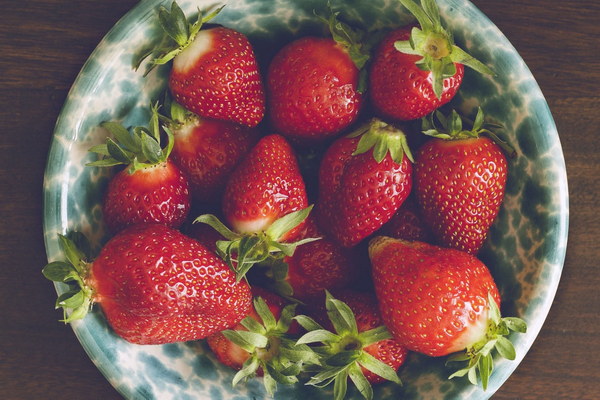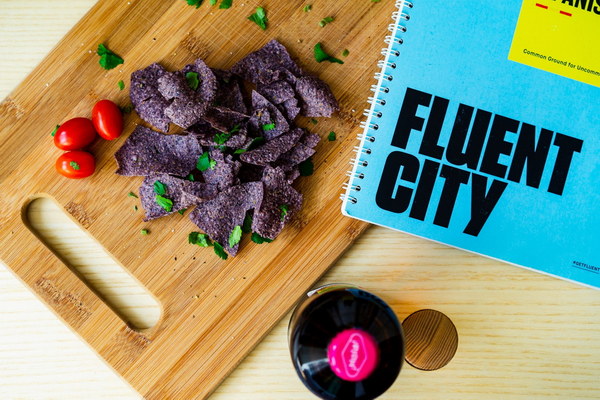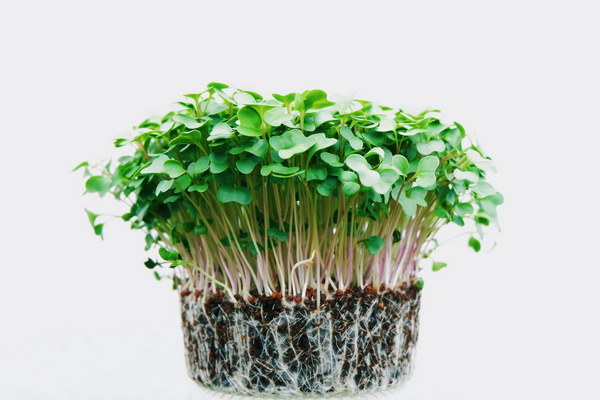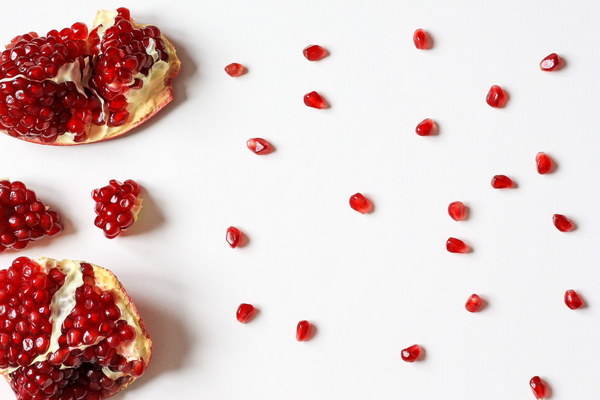Nourishing Your Way to Recovery A Guide to Eye-Care Nutrition for Corneal Abrasions
Introduction:
Corneal abrasions are common eye injuries that can cause discomfort, pain, and blurred vision. While medical treatment is essential, complementary eye-care nutrition can aid the healing process. This article explores the benefits of incorporating specific foods and nutrients into your diet to support recovery from a corneal abrasion.
1. Importance of Nutrition for Corneal Abrasions
A corneal abrasion occurs when the outermost layer of the eye, the cornea, is scratched or scraped. Proper nutrition can enhance the body's ability to repair damaged tissues and reduce inflammation. By incorporating certain nutrients into your diet, you can help accelerate healing and alleviate discomfort.
2. Essential Nutrients for Eye Health
a. Omega-3 Fatty Acids: Found in fatty fish, flaxseeds, and walnuts, omega-3 fatty acids have anti-inflammatory properties and can help reduce swelling and promote healing. Aim for at least two servings of fatty fish per week, or consider taking an omega-3 supplement.
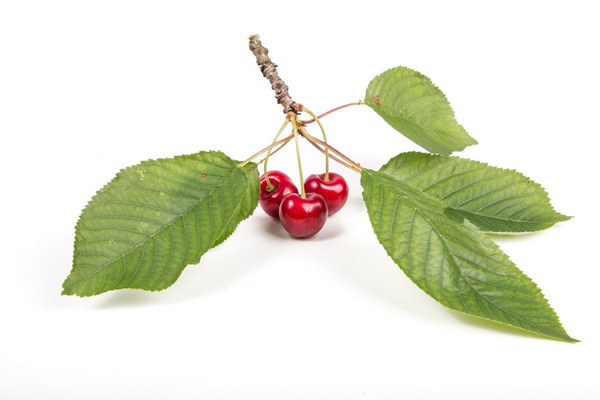
b. Vitamin A: This fat-soluble vitamin is crucial for maintaining healthy vision and promoting corneal repair. Vitamin A can be found in dark leafy greens, carrots, sweet potatoes, and fortified cereals. Include these foods in your diet to ensure adequate intake.
c. Vitamin C: A powerful antioxidant, vitamin C helps protect the eye against oxidative stress and supports collagen synthesis. Citrus fruits, strawberries, bell peppers, and kiwi are excellent sources of vitamin C. Aim for at least 75-90 mg of vitamin C per day.
d. Vitamin E: Similar to vitamin C, vitamin E is an antioxidant that can protect the eye from damage. Nuts, seeds, and vegetable oils are good sources of vitamin E. Consume about 15 mg of vitamin E daily.
e. Zinc: This mineral plays a vital role in the immune system and wound healing. Zinc can be found in oysters, beef, poultry, legumes, and nuts. Aim for 8-11 mg of zinc per day.
f. Lutein and Zeaxanthin: These carotenoids are found in leafy greens, eggs, and certain fish. They have been shown to protect the eyes from UV damage and reduce the risk of age-related macular degeneration. Aim for at least 10 mg of lutein and 2 mg of zeaxanthin per day.
3. Foods to Incorporate into Your Diet
a. Fatty Fish: Salmon, mackerel, and sardines are rich in omega-3 fatty acids and vitamin D, which can help reduce inflammation and support overall eye health.
b. Eggs: Eggs contain lutein, zeaxanthin, vitamin A, and vitamin E, making them an excellent food choice for eye-care nutrition.
c. Leafy Greens: Spinach, kale, and collard greens are packed with vitamins A, C, and E, as well as lutein and zeaxanthin.
d. Nuts and Seeds: Almonds, walnuts, sunflower seeds, and flaxseeds provide omega-3 fatty acids, vitamin E, and zinc, all of which are beneficial for eye health.
e. Citrus Fruits: Oranges, grapefruits, and lemons are high in vitamin C, which can support the healing process.
f. Berries: Strawberries, blueberries, and raspberries are rich in vitamin C and antioxidants, which can help protect the eyes from damage.
4. Tips for a Nutritious Diet
a. Aim for a well-balanced diet that includes a variety of foods from all food groups.
b. Stay hydrated by drinking plenty of water throughout the day.
c. Limit the intake of processed foods and sugary drinks, as they can contribute to inflammation.
d. Consult with a healthcare professional or a registered dietitian to create a personalized diet plan that meets your specific nutritional needs.
Conclusion:
Incorporating eye-care nutrition into your diet can support the healing process of a corneal abrasion. By focusing on specific nutrients and consuming a variety of healthy foods, you can help reduce inflammation, promote tissue repair, and improve overall eye health. Remember to consult with a healthcare professional before making any significant changes to your diet or starting a new supplement regimen.


